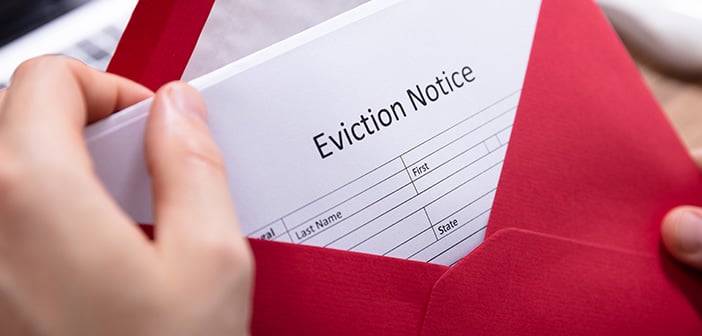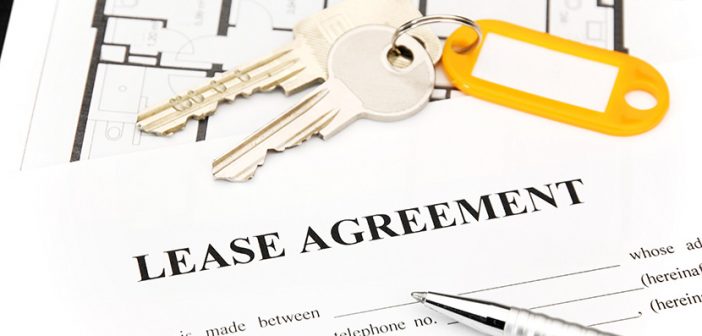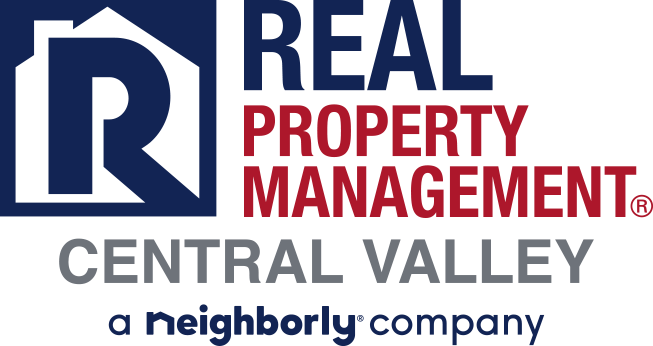How to Manage Collections and Delinquency as a Landlord

Two of the most difficult things that a landlord has to deal are collections and delinquencies.
Thankfully, collections and delinquencies can be easy for landlords to deal with if these tips are followed.
Make & Maintain a System

With everything in property management, as well as in real estate investment and business in general, it’s all about systems. With emotionally charged things such as collections, delinquency, and evictions, it’s even more important.
For one thing, if you listen to every sad story you hear from a tenant and then start making exceptions, it will drive you crazy. Decision fatigue is a real thing and it will exhaust you in the short-run and burn you out in the long-run. If you have a system and policies to fall back on, it will make it much easier to say “no.” And better yet, you won’t feel like the bad guy for doing so nearly as much. (For more on this, see my article on resolving tenant disputes.)
Without a system, you are going to cave more often than you would have otherwise. Not only will this cost you money, but it will reward bad behavior. And if you reward bad behavior, you will get more of it.
Worse, you are effectively not being fair to your good tenants. The tenants who follow the lease, pay on time, don’t complain, and don’t damage the unit will get no breaks from you because they didn’t bother you to ask for such breaks. Whereas bad tenants will try to take a mile for every inch you give them. And they’ll often get it if you don’t have a system in place.
Bad tenants make up a very small percentage of all tenants, but it’s like the Pareto principle—20% of your tenants will cause 80% of your hassles. And then it compounds on itself—4% percent of your tenants will cause 64% of your hassles and so forth.
You need systems to deal with that!
Our system is a schedule that goes like this:
- 1st: Rent is due.
- 2nd: Rent is late (but no late fee).
- 12:01 a.m. on the 5th: Late fee applied.
- 12th: Mail and post 72-hour notices on their front door (states have different laws about how much notice is required).
- 15th: File eviction at the courthouse (and charge an eviction filing fee to the tenant’s account).
We also offer one payment plan per 12-month period. Offering two makes sense, but offering one each month is probably too much.
Of course, your schedule does not need to be exactly the same as this, but it should be consistent and planned ahead of time. And of course, it should go without saying that you should contact an attorney to make sure you are in compliance with your local laws.
Communication Is Critical
Most of the time, you can get a better solution by communicating with the tenant rather than just plowing ahead with your schedule. If nothing else, it could be a “cash for keys” agreement instead of an eviction. (Cash for keys is when the landlord pays the tenant some money, usually $50 to $200, to leave the property by a certain date without doing damage in exchange for not filing an eviction or dropping an eviction that’s in progress.)
Some landlords send out an email reminder that rent is due. You can decide if that’s necessary, but you should definitely contact tenants if the rent is late and again when a 72-hour notice is posted. It’s very hard for a tenant to pay for the eviction cost and the late fee and the rent, especially when next month’s rent is only 15 days away. So it’s important not to let it get that far if at all possible!
The only thing you can really do as a property manager is to make sure to communicate. I recommend doing so in at least two ways: a phone call and one written form. Many tenants are understandably embarrassed about being delinquent. Some of them are much more willing to communicate over text or email than by phone or in person. So make sure to reach out to them in at least one written manner as well a phone call.
And if they do answer the phone, be diplomatic and understanding. This is not about chastising anyone. Just stick to your policies and try to find the best solution available.
Establish Expectations in Advance

One of the most important things you can do to make collections easier is to set proper expectations ahead of time. Never ever promise something you can’t give just to get a property leased. It will come back to bite you.
The same goes for a tenant who’s asking for a maintenance request or who’s late on rent. Be upfront and honest. If your tenants have an unwarranted expectation (which is often the fault of the property manager for not explaining things well enough), that unwarranted expectation will turn into resentment soon enough.
We sit our residents down for a full hour to explain every nook and cranny of the lease to them before we sign it. We go over all the expectations and exactly what will happen if they are late on their rent. This can be awkward as no one wants to talk about delinquency and the possibility of eviction at a lease signing. But it’s critical to set proper expectations ahead of time for both of your sakes.
Exceptions
Whenever possible, build possible exceptions into your policy and make them public knowledge (e.g., payment plans). Rarely do we offer exceptions other than that.
When we do, it usually has to do with something that happened across the board and not just to that tenant. For example, we’ve made several exceptions during the coronavirus pandemic. We forgave late fees in April and May and offered an extra payment plan for any tenant who could prove they lost their job or lost hours because of the virus or lockdown. We even restructured a few leases.
Such situations should be unusual. Don’t make exceptions willy-nilly. Indeed, making exceptions for some but not others who have relatively similar situations could even be seen as a violation of Fair Housing.
Contact RPM Central Valley
For more property management tips, or to speak with us about the property management services that we can offer you, contact us today by calling (209) 572-2222 or click here.
